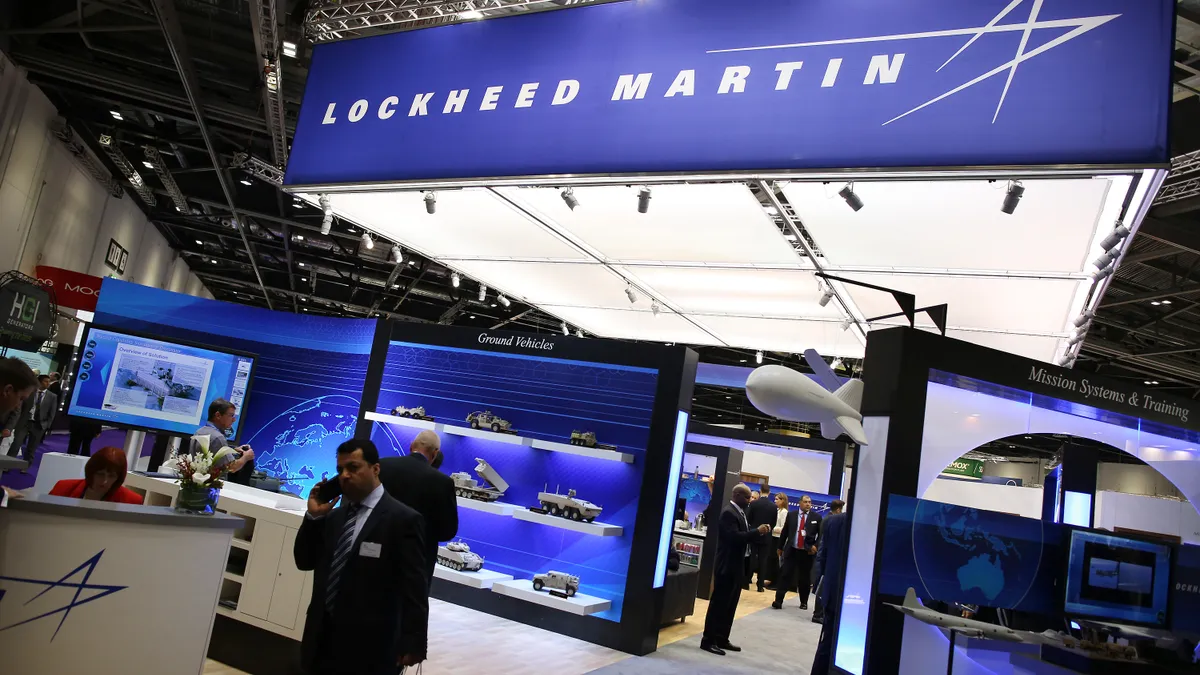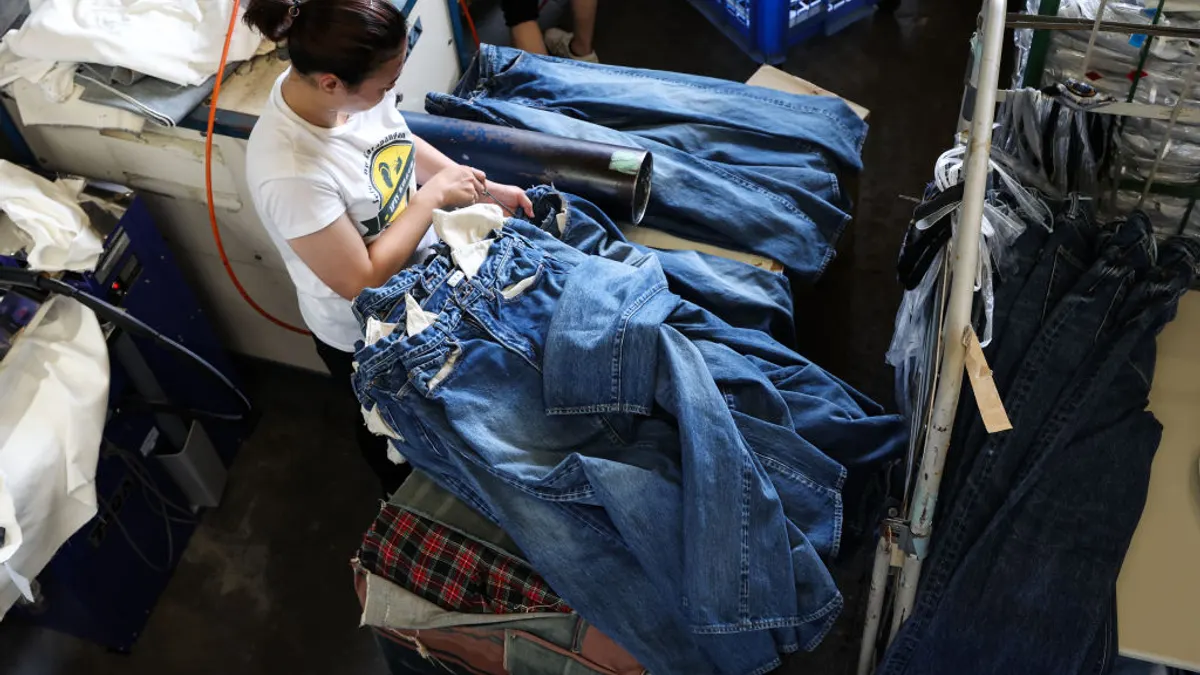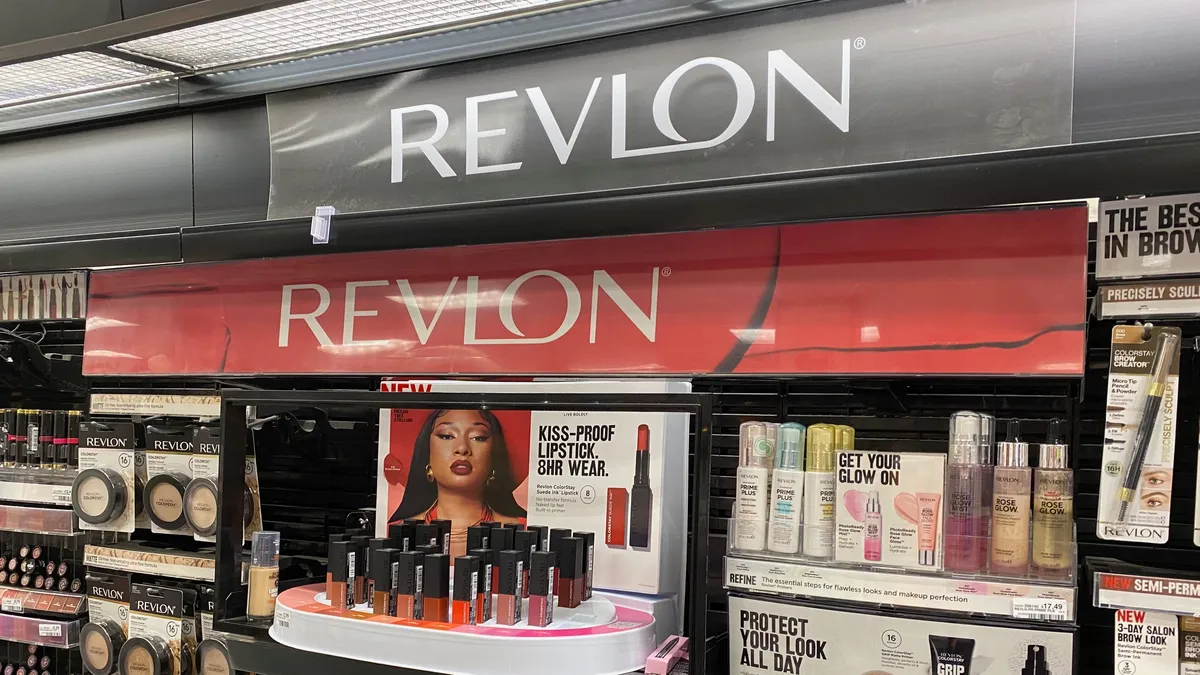Lockheed Martin has sued one of its suppliers for the F-35 stealth fighter jet, alleging the company tried to extract “a massive price increase” in order to continue selling under a contract.
At issue are titanium materials sold by Pittsburgh-based Howmet Aerospace and used to make sheets, plates, bars, ingots and other parts for the aircraft. Lockheed calls the titanium materials “essential” to building F-35s, and must purchase them from a limited set of U.S.-based companies per the Buy America Act.
The dispute between the aerospace industry players comes amid elevated prices for titanium commodities and highlights broader disputes and tensions between suppliers and buyers following a period of stark inflation.
A price dispute bubbles into a legal spat
Under a contract between Lockheed and Howmet, the aerospace and defense giant and its other subcontractors for the F-35 have a right to buy titanium materials under specified terms and prices, according to Lockheed’s Nov. 30 complaint. The contract goes back more than 20 years to 2002 — when Lockheed signed with RTI International Metals, later acquired by Howmet — and has been re-upped several times in the years since.
However, late last year, Howmet “began complaining to Lockheed Martin that its costs of obtaining titanium raw materials allegedly had increased substantially due to market conditions, and requested that Lockheed Martin agree to renegotiate the Right to Buy Contract to include substantial price increases for Howmet,” Lockheed said in the complaint.
The aircraft maker said it asked the supplier to provide documentation of the increases and whether it was still turning a profit on the materials. According to Lockheed, Howmet didn’t provide the requested information and when it did, this October, the documentation was “insufficient.”
The company went on to allege that, in November, Howmet informed the company it would “stop supplying these materials at the prices specified in the subcontract, and instead demanded that Lockheed Martin and those other subcontractors agree to a massive price increase in order for Howmet to continue to perform.”
Later in the month, Howmet followed through on the threats by “failing to deliver” titanium materials for F-35 components Lockheed had ordered, and said it would not supply the materials until the contract is renegotiated, per the complaint.
In suing Howmet, Lockheed is asking a federal court in Texas to force the supplier to continue filling orders under the contract according to its current terms. On Dec. 12, a judge granted Lockheed a temporary restraining order compelling Howmet to continue filling purchase orders under the contract terms.
A hearing is set for for Dec. 26 to determine if the restraining order will remain in place through the course of the lawsuit.
Howmet’s response
In a published statement from Dec. 1, Howmet called the lawsuit “meritless” and said: “Contrary to the allegations in Lockheed Martin’s complaint, Howmet takes its contractual and regulatory obligations seriously and believes it has complied with those obligations in all material respects.”
The supplier was even more blunt in a more recent court filing. “Lockheed’s machinations must be rejected for what they are: an attempt to gain leverage in a business deal,” Howment said in its response to the complaint. “To be clear, there is no emergency here, no threat to national security and no circumstance that would justify the extraordinary relief that Lockheed is seeking from this Court.”
In its statement, Howmet explained that Russia’s invasion of Ukraine in early 2022 “dramatically reduced global titanium sponge supply,” and it noted in a filing that titanium smelt costs rose by 83%. As a result, “Howmet’s titanium sponge suppliers drastically increased their prices, contrary to their agreements with Howmet.”
At the same time as its costs were rising, the supplier alleged Lockheed allowed its customers to sell their scrap metal to third-parties rather than back to Howmet, as was required by contract. That allowed Lockheed’s customers “to profit from highly inflated prices on the open market” — from scrap metal that Howmet could have used to recycle into new titanium products.
The judge in the case found that the “evidence at this stage reveals that Howmet likely breached” its contract with Lockheed during negotiations leading up to the lawsuit and noted that Lockheed and F-35 production would likely suffer without the temporary restraining order mandating that Howmet continue supplying.
In its statement, Howmet said that it “looks forward to defending itself vigorously in court against Lockheed Martin’s claims” and that the company “remains open to discussing a reasonable resolution.”























